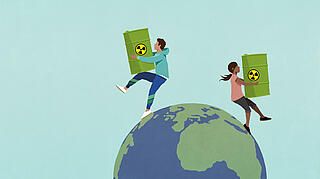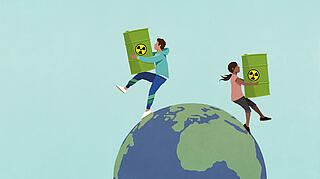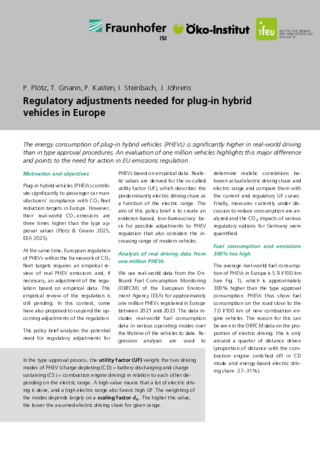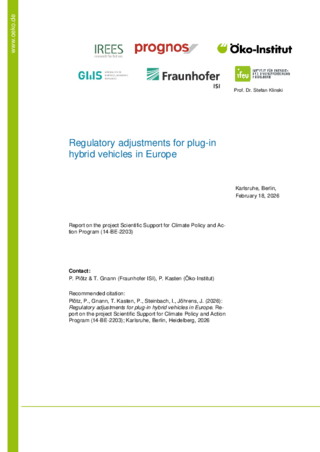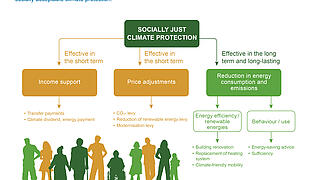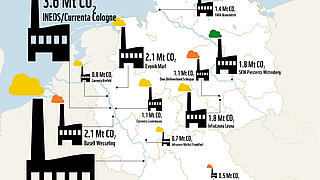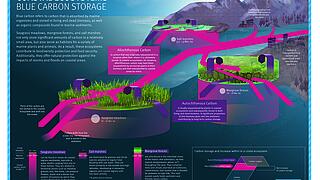Businesses have considerable influence on politics, the environment and society. They make use of international investment opportunities, source raw materials on the global markets, run their manufacturing operations via subsidiaries and suppliers in other countries, and provide goods and services for consumers in a wide range of countries. However, these global supply chains often cause major environmental problems and are associated with human rights abuses. Given the importance of corporate responsibility worldwide, it is hardly surprising that there is now a debate about the need for, and the key characteristics of, holistic corporate governance that encompasses the three dimensions – economic, social and environmental – of sustainability.
A key focus of the Oeko-Institut’s work consists of analysing and assessing the impacts of corporate operations on people and the environment. This includes conducting life-cycle and product assessments and applying integrated approaches to risk identification and analysis. The researchers investigate the effectiveness of management processes and voluntary measures and provide advice to policy-makers and companies. The experts also elaborate how a legally binding framework for sustainable corporate governance can be established, e.g. for the German Supply Chain Act.


